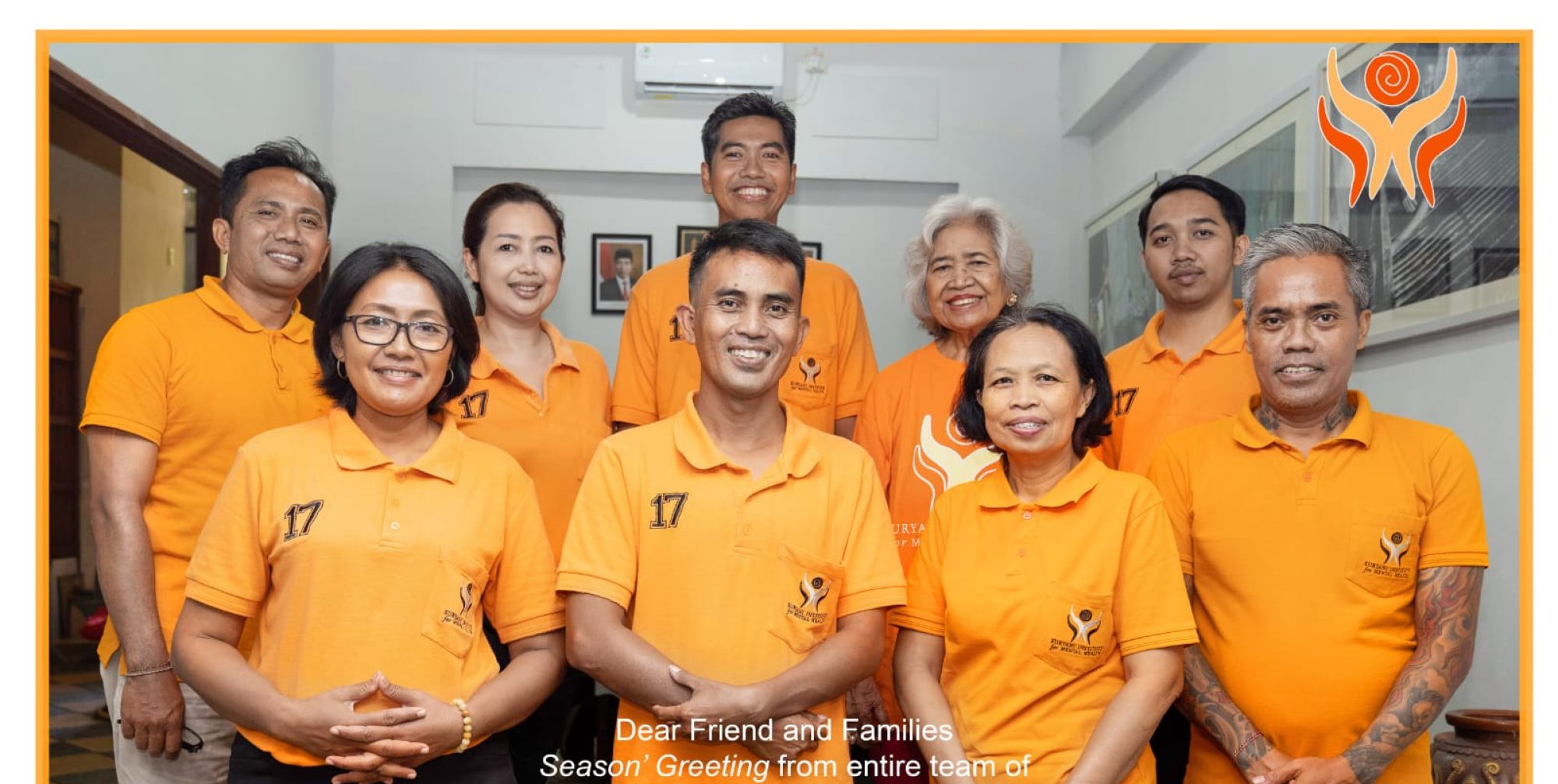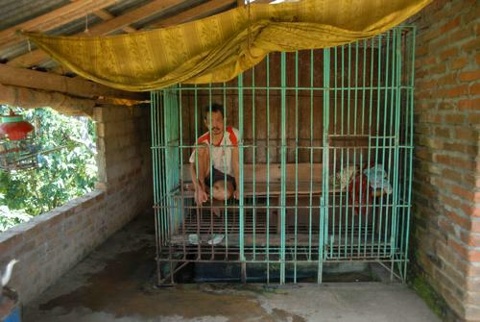Physical restraint of people with mental illness has been long hidden in community. Bali as one of the richest island in Indonesia can not avoid the fact of this situation. Of the 35 cases that found in Karangasem regency (east Bali) ranging in age from 20 to 69 years. In 33 of the cases a diagnosis of schizophrenia was made. In two cases the diagnosis were personality change and interictal hallucinations due to probable temporal lobe epilepsy. Duration of illness ranged from three to more than 40 years. Somewhat surprisingly all of the 35 cases had had previous psychiatric treatment. The commonest reason given for the discontinuation of treatment was that it was unaffordable. The major component of the cost of treatment that could not be afforded was the cost of travel, since the nearest place at which psychiatric treatment was available was in the city of Bangli. For all of these, the families felt hopeless.
Such question should be asked, “Where were the health system for all this time?” Almost all doctors and nurses in health centre doesn’t want to help these patients. They said they are busy and they don’t know how to handle mental disorders. “If we just wait for a systematic strategies to be developed to eradicate this practice, may be it will take ages when there’s no willingness to help the patients”, said Professor Suryani as the leading psychiatrist in Indonesia and the only one that regularly going to community. The recovery in her patients show what’s possible with the right medication and treatment – something the health department has been unwilling or unable to give.
Like Komang that had been for eight years in the double-sided cage with his younger brother- before Dr Suryani showed up and helped them recover. After the initial treatment, Komang got married and the latest news is his wife, Ayu, is three months pregnant.
“The families we saw are happy because they feel they’re no longer a nuisance to them or the neighbours. They’re free…free of the pressure of having a crazy family member, of disturbing other people and of other stigmas. And the most important that they have hope to feel what a normal life is”, said Suryani.



